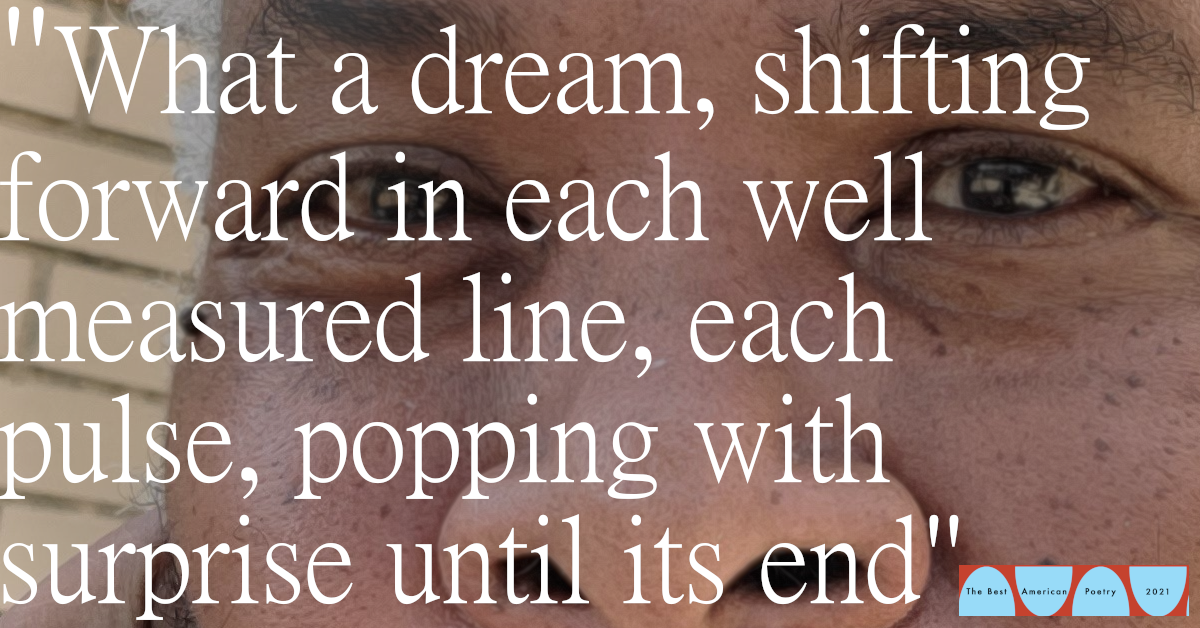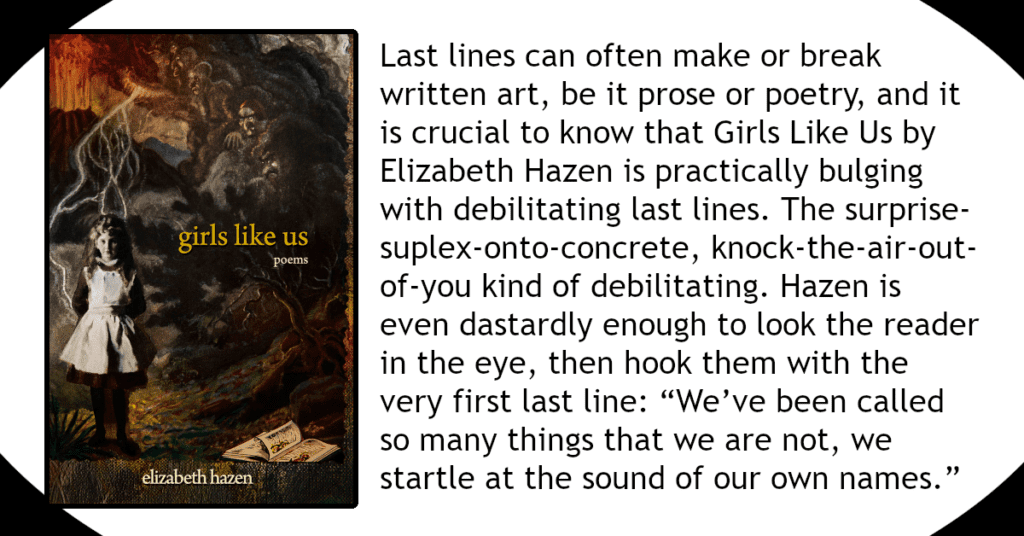Best American Poetry: Reuben Jackson's "November Poem" is Pick of the Week
Terence Winch chooses a fiery Jackson original for Best American Poetry's pick of the week.

Grace Cavalieri says what we are all thinking about Jackson's love song turned murder ballad "November Poem", "This is such an unusual poem for Reuben. Goes to show the man travels places that would thrill an astronaut. He certainly thrills us." And the thrill cuts through every punching line in this poem selected by Terence Winch for Best American Poetry's pick of the week.
Another commentator notes the dream-like, or nightmare-like, aspect of the piece, writing, "What a dream, shifting forward in each well measured line, each pulse, popping with surprise until its end." A poet noted for his realistic depictions of life and love, "November Poem" marks a departure for Jackson which is already garnering attention for its singularness-- while employing the familiar craft for which he is justly renowned.
Read the "November Poem" here. Purchase Reuben's collection Scattered Clouds here.
Reuben Jackson Joins WPFW’s “The Sound of Surprise”
Beginning May 1st, Reuben will begin as host of DC radio channel WPFW’s “The Sound of Surprise.” The show runs from 4 to 6pm and Reuben will be alternating every other Sunday with the program’s creator, Larry Appelbaum.
A Book and Its Cover: Rose Solari Reviews Two New Collections of Poetry for WIRoB
Rose Solari’s latest review column for Washington Independent Review of Books tackles two stellar new collections by established small-press poets, Terry Ellen Cross Davis and Dan Beachy-Quick. As with all her reviews, Rose uses a common theme to link the subject matter of the books she is reviewing. This month, she explores how the cover design is mirrored by the poetry and vice versa.
New Review of Girls Like Us: GLU “Bulges with Debilitating Last Lines”
In Lannie Stabile’s new review of Elizabeth Hazen’s second collection Girls Like Us, she raves about the effect of Hazen’s “last lines.” Girls Like Us, she says, is “bulging with debilitating last lines.” Like this one in the opening poem “Devices,” that Stabile points to as like a “hook,” “We’ve been called so many things that we are not, we startle at the sound of our own names.”


